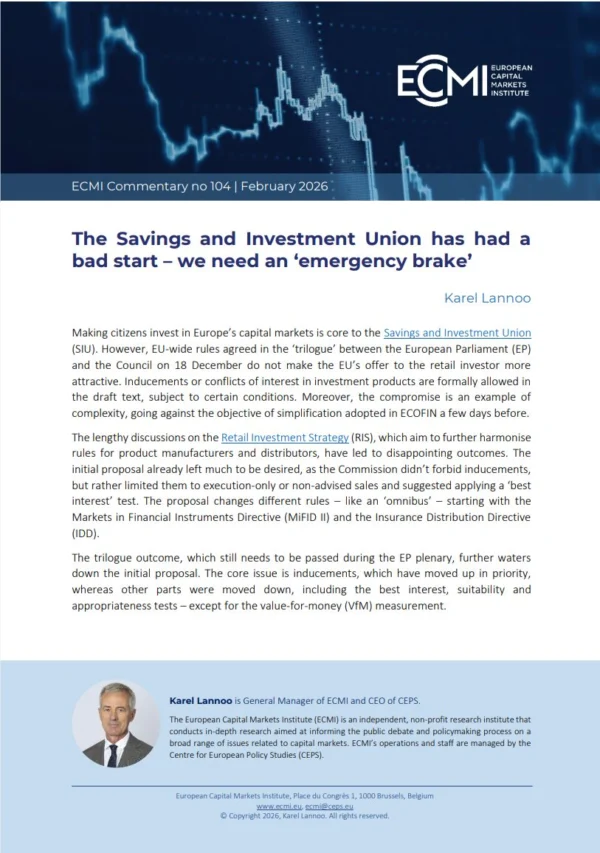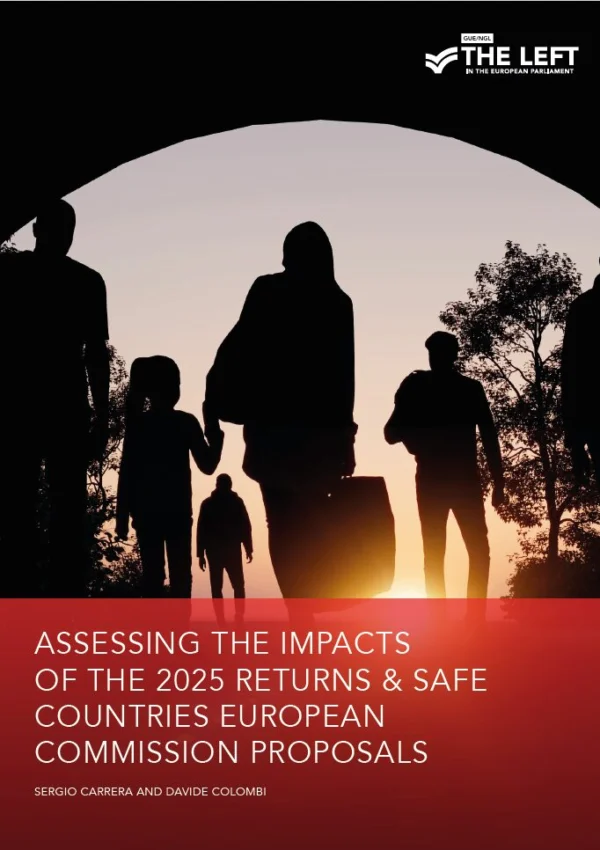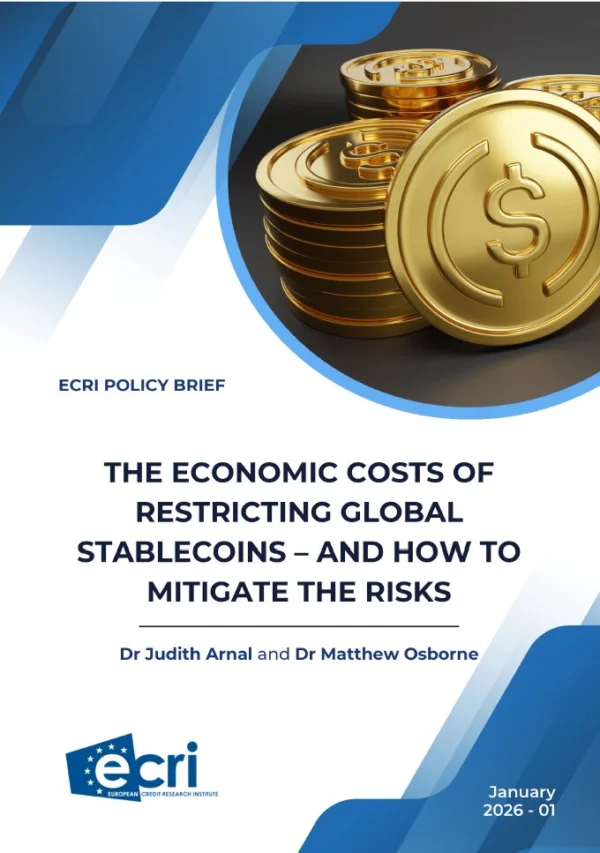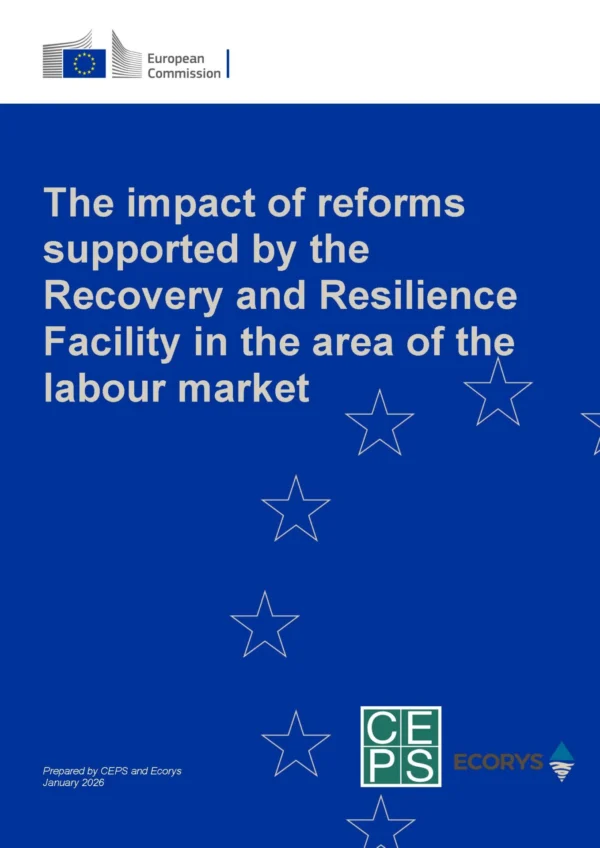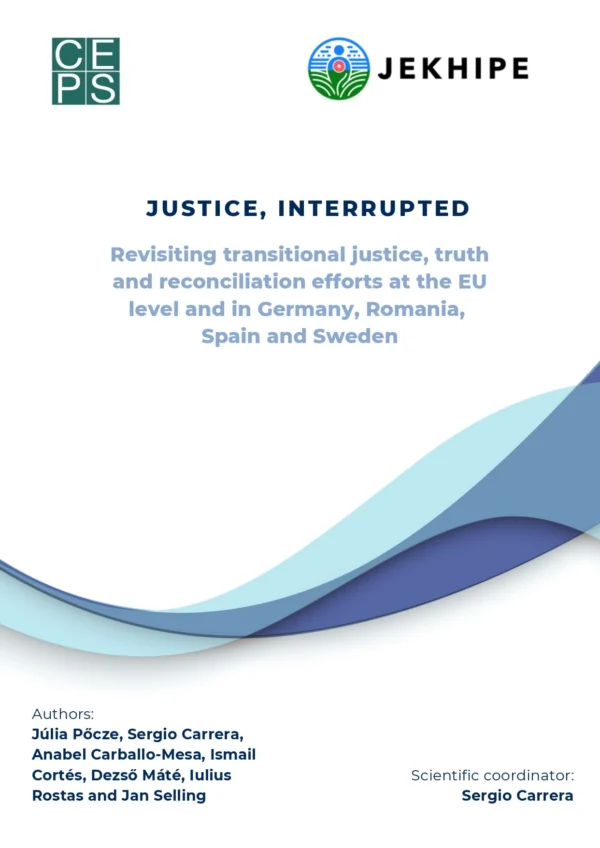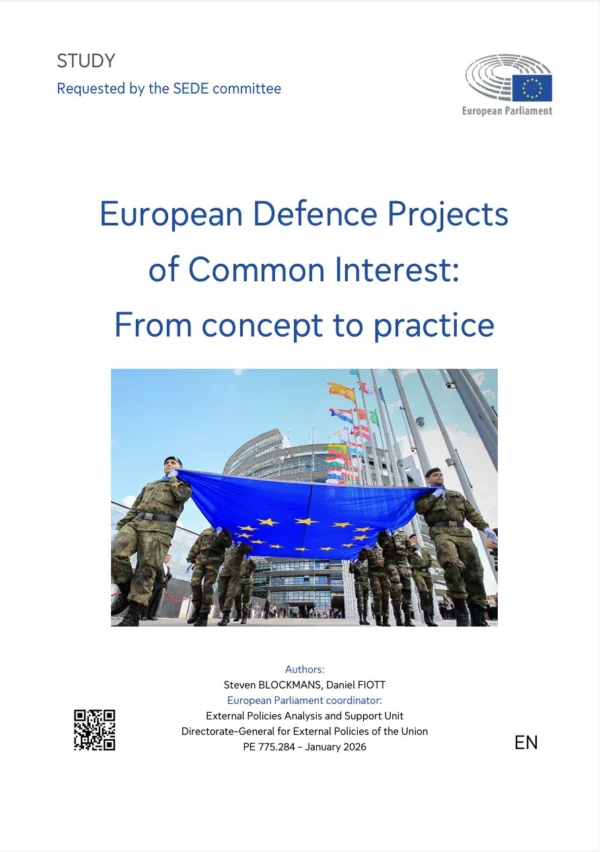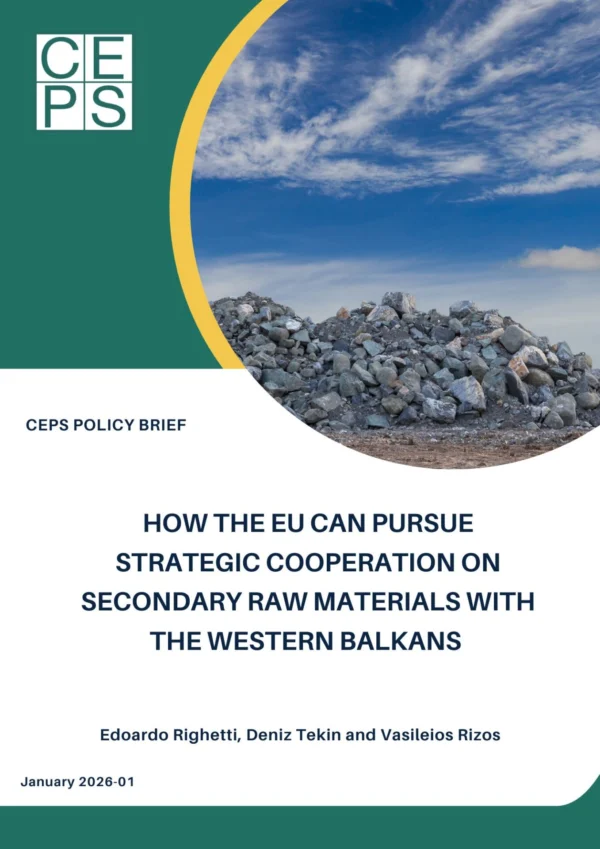This discerning book examines EU migration and asylum polices in times of crisis by assessing old and new patterns of cooperation in EU migration management policies in the scope of third-country cooperation. The case studies explored reveal that there has been a clear tendency and strategy to move away from or go outside the decision making rules and institutional principles enshrined in the Lisbon Treaty to advance third country cooperation on migration management. It explores the implications of and effects of the adoption of extra-Treaty instruments and patterns of cooperation in the light of EU rule of law and fundamental rights principles and standards. The book, examines the ways in which ‘the politics of migration crisis’ and their patterns of cooperation and legal/policy outcomes evidenced since 2015 affect and might even undermine EU’s legitimacy in these policy areas.
‘Whereas certain EU measures responding to the migration and asylum crisis, not least the EU–Turkey “Statement” of March 2016, took observers by surprise, these actions are more accurately understood as part of a well-established tendency in EU cooperation with third countries on migration control. This volume offers a thought-provoking account of this tendency, pointing to its conceptual link to “crisis labelling” and to the constitutional challenges it poses to the Union principles of democracy, the rule of law and fundamental rights.’
– Jens Vedsted-Hansen, Aarhus University, Denmark
‘This highly topical book deals deeply with the fundamental issues raised by the external dimension of EU law in the field of migration. Combining historical and contemporary approaches, it proposes an original modelling of possible external co-operation in accordance with the rule of law. The authors are among the best specialists in these topics in Europe.’
– Jean-Sylvestre Bergé, Côte d’Azur University and University Institute France, France
‘The external dimensions of EU migration policies can result in serious violations of the human rights of migrants, out of reach of EU human rights watchdogs. If the EU is to retain its reputation as a rule-based human-rights-respecting polity, such external dimensions need proper oversight and sharp critical assessment. This book provides a first and often damning evaluation of this complex policy field, but also outlines ways in which the EU could adopt a more “comprehensive approach” to migration policies. An essential read’
– François Crépeau, McGill University, Canada
Chapter 1 is downloadable for free. For more information and purchase please visit Edward Elgar Publishing website.

